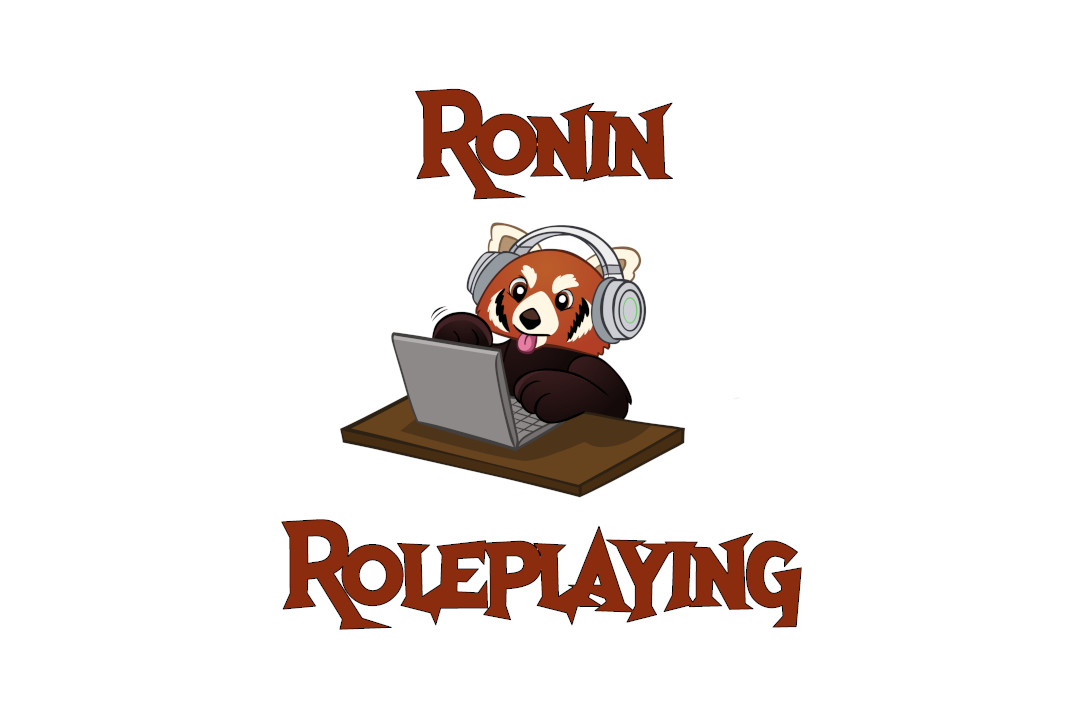Tabletop Roleplaying is a unique and complex hobby, where one or more people put their heads together and, as a whole, create amazing tales in fantastic worlds. It is also a rather subjective hobby, with no two games playing out the same way.
Sure, group dynamics plays a large part in this, but I feel it is really simpler than that. When you break it down, it all comes down to this: Is the game Tactical or Story-driven in nature? As a quick example, where pretty much any TTRPG could be described as Story-driven, “Dungeons & Dragons” has its roots in tactical tabletop battle games, and still has a lot of tactical play built into its rules. Meanwhile, more modern systems like those using the Apocalypse Engine at their core, are built around the narrative. “Fiction First” is a driving force in most games that are ‘Powered by the Apocalypse’, where D&D is more interested in the Rules.
Your Mileage May Vary, of course. I’m just talking about generalities, here.
Now I enjoy some good, tactical, rules-based roleplaying, as much as the next person. It’s always fun to see if you can use the rules of a given system to gain the greatest advantage for yourself, and for your Fellows, and use that as a basis for your roleplaying. That said, I am much more interested in story-focused roleplaying now, thus my interest in PbtA roleplaying games.
As you know, I’m doing a lot of solo roleplaying right now, with the pandemic being a bit of an issue still. One thing I have come to realize is that tactical play really doesn’t work so well in solo play. That’s not to say you can’t play in a tactical manner when playing solo, only that it really isn’t as effective as story-focused play is.
Rules are fine, and they make a great guide during play. But without a good story, the rules are meaningless.
In short, Story > Rules. Always.
Like I said, I’ve been playing solo for a while now, but I’ve been playing in standard, group-based roleplaying for many, many years longer. Like 40 years or so. With that in mind, in my experience, story-focused play still trumps rules-based or tactical roleplaying any day!
No, seriously.
As I said before, there is a place for rules-focused roleplaying. But without a story, what’s the point? Moreover, the better the story is, the more enjoyable the game is, in my extensive amount of experience. I can’t imagine a time I’ve ever said “Boy, that game was so much fun! I really loved when we used the terrain to sneak around and flank the enemy, putting them at Disadvantage!”
That said, there have been more times than I can count where our groups have talked and laughed for hours after a gaming session, recounting all of the cool bits of the story we had just weaved together.
Now I know this might seem rather redundant to most roleplayers. “Of course story is all-important!” they might well be saying. But the reason I bring this up here is this:
No. Rules. Matter.
Seriously. They just don’t.
Look, we’ve already established that the story is more important that rules of any particular game. But let’s take it one step further. If story is more important than the rules, then by extension, as a longtime GameMaster, I suggest that any rules can, nay should, be disregarded, if they impede the story.
Seriously, any rule that is interfering with the story of the game, should be set aside, or at the very least homebrewed into whatever form the GM feels will work with the story. Or just disregarded outright, whatever is appropriate.
Again, no rules matter. Only the story does.
Well, if you want to get even more basic about it, “Only Fun Matters”. If the story isn’t fun, you can and should change that, too. But it is way easier to focus on the story and have fun, than to focus on the rules and have fun with them. I can’t remember a single time where a group was all about playing a TTRPG “Rules as Written” with no exceptions, and it was a massive success. Sure, there are a lot of fun TTRPGs, but even those games with enjoyable rules are usually fun because of their story.
Another example: I’ve run a lot of “Feng Shui” and some “Feng Shui 2“, and I absolutely love the rules in those games. But the fun to be found in those games is not found in the nuts-and-bolts of “Feng Shui”, but in the setting and the story that is built off of it. The rules help support the story, to move it forward in a quick and efficient manner, but that’s all. Where it slows play, perhaps makes the story bog down, I have always simply ignored them.
Initiative is a good example. My players have often had issues with the Shot Counter in FS’ initiative system, which caused confusion and frustrated many of my players over the years. Yes, I know, I know… It isn’t all that difficult, but like I said before, if a rule impedes the story, or makes things less fun, it gets homebrewed or ignored.
So at least with legacy “Feng Shui”, I usually simplified Initiative. We would all roll Initiative as usual, but we just wouldn’t use the shot counter. No additional actions, just everyone act on their Initiative, then back to the top. If a player needed to reload a weapon, for example, they would get a reduced Initiative for that round, but that’s it.
I would have preferred to use the basic rules as written in this case, but it was what my players needed, to be able to play the game without frustration (counting is apparently hard), so it was what I did. And we had many, many epic adventures, which my friends all spoke fondly of for years to come.
So, yeah. Story is always more important than Rules. Period.



